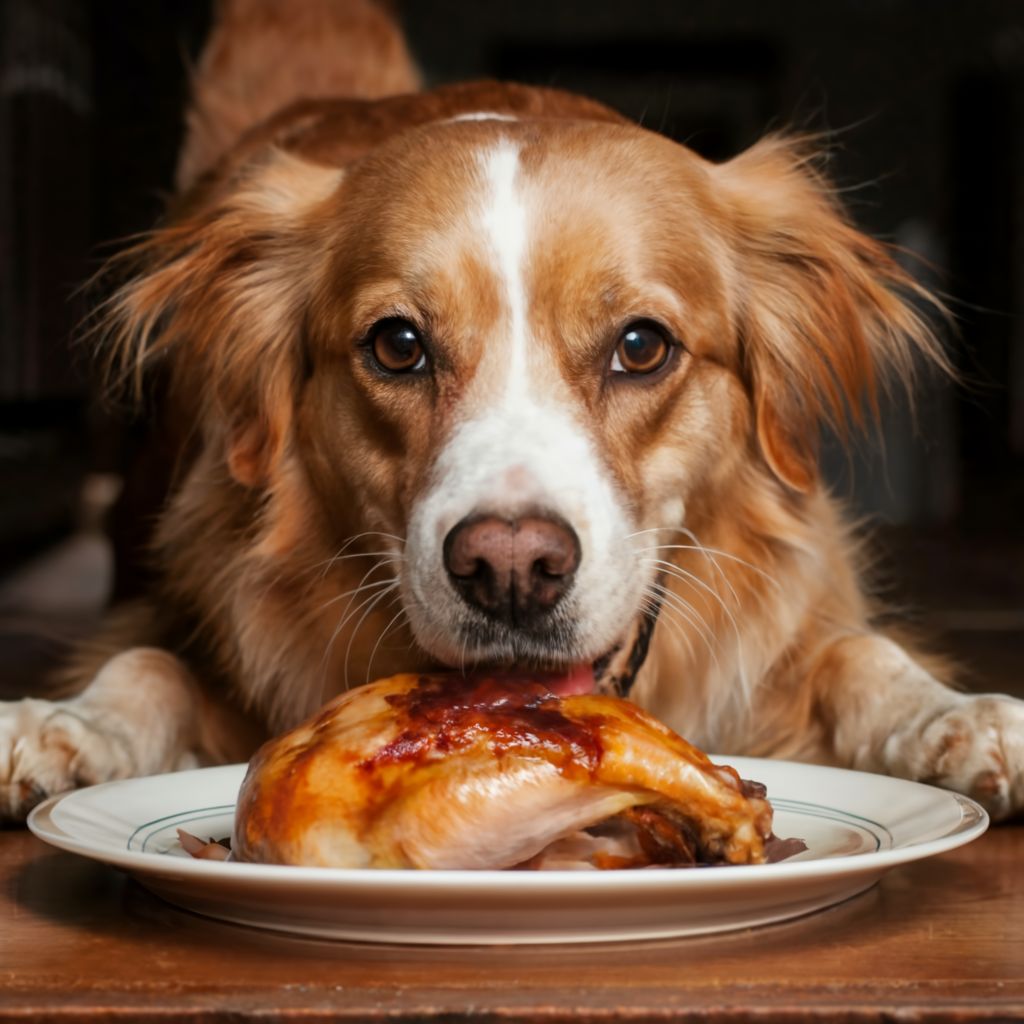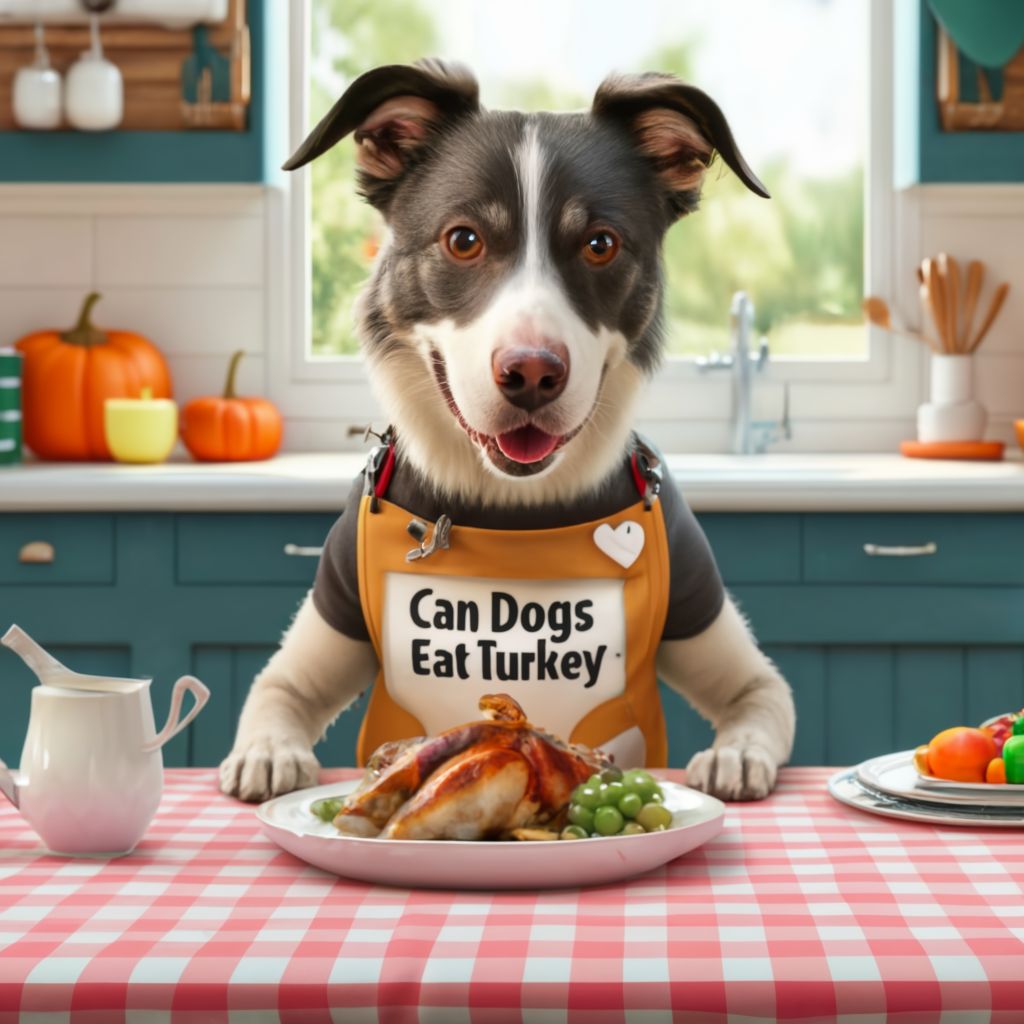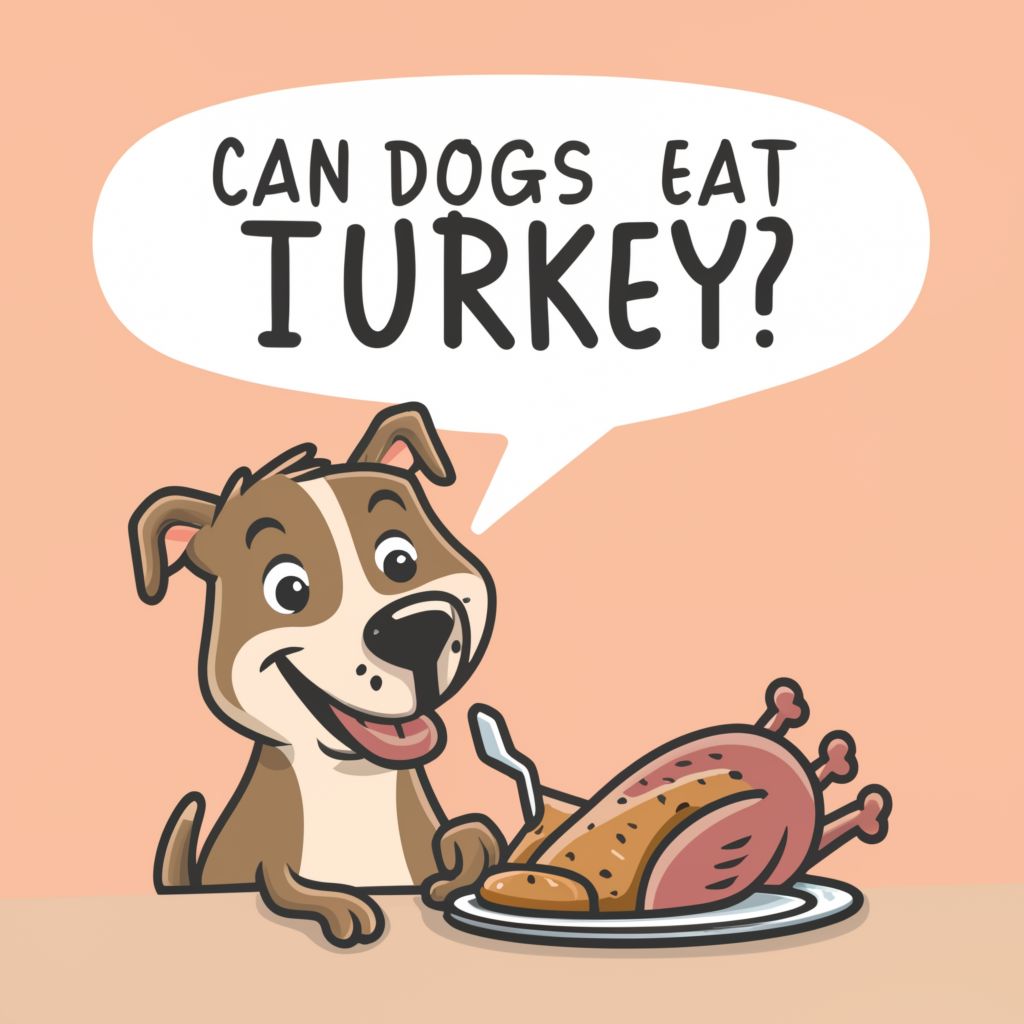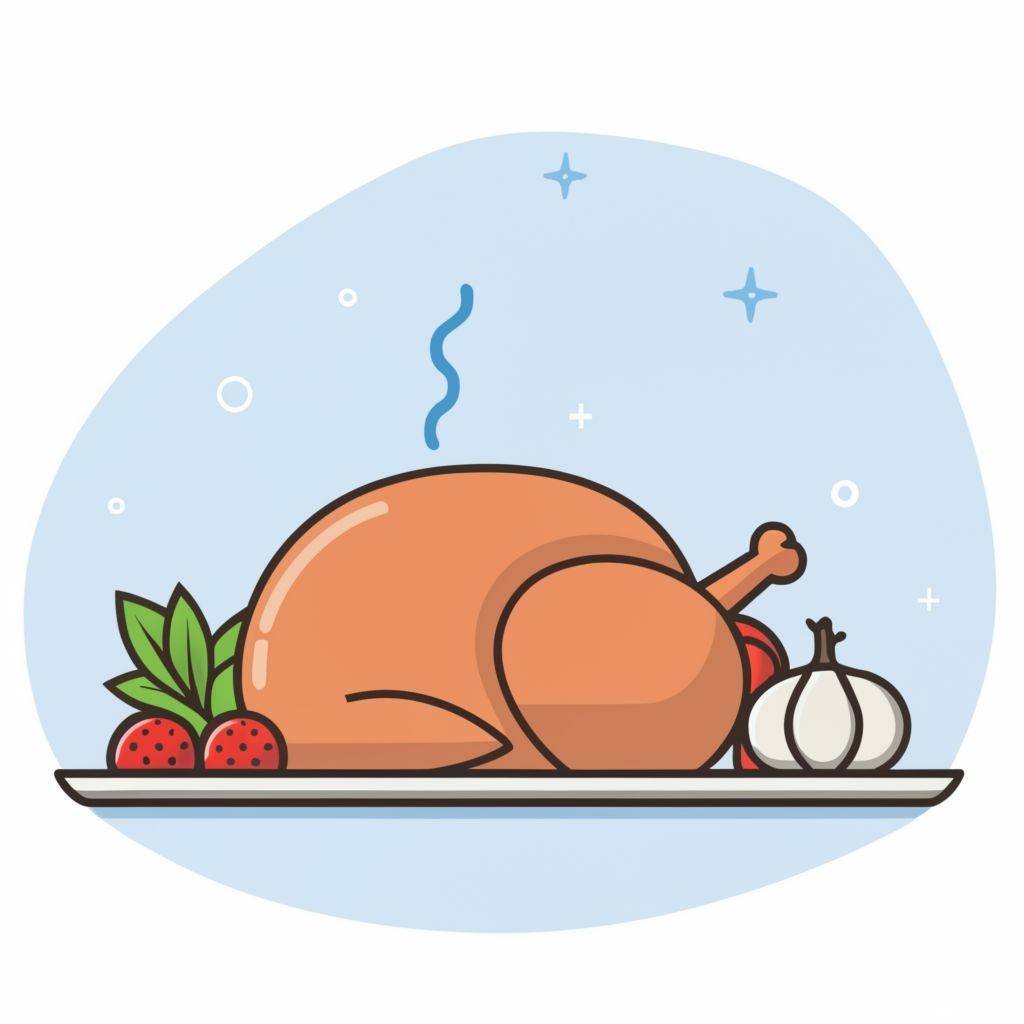Can Dogs Eat Turkey? Read Before You Feed

Can Dogs Eat Turkey?
Can Dogs Eat Turkey? Many pet owners wonder if they can give their furry friends a taste of this popular holiday meat. It is possible to keep a dog in Turkey for certain conditions, but there are important considerations for your pet’s health and safety.
In this section, you can provide more information on the advantages and disadvantages of including turkey in your dog’s diet as a food option.
Can dogs eat turkey safely?
Is it safe to eat turkey with your family and friends during Thanksgiving, considering that it’s such a popular food in many households? Although turkey may indeed be safe for dogs to eat, there are important factors to consider for their health and well-being.
Can dogs have cooked turkey bones?

No, dogs should not be given cooked turkey bones. When turkey bones are consumed, cooked bone fragments can rupture and result in respiratory hazards such as choking or internal injuries. In addition, the cooking process strengthens the bones, increasing the likelihood that they will break into sharp pieces that can pierce the digestive tract. Cooked bones, particularly turkeys, should be avoided by your dog for their protection. Instead, offer your dog cooked boneless turkey as a safer option.
Can dogs have cooked turkey bones?
No, dogs should not be given cooked turkey bones.When turkey bones are consumed, cooked bone fragments can rupture and result in respiratory hazards such as choking or internal injuries. In addition, the cooking process strengthens the bones, increasing the likelihood that they will break into sharp pieces that can pierce the digestive tract.Cooked bones, particularly turkeys, should be avoided by your dog for their protection. Instead, offer your dog cooked boneless turkey as a safer option.
Can dogs eat turkey skin?

While turkey skin can be cooked in small amounts without harming your dog, it is generally recommended that it should not be given to them. Turkey’s skin is high in fat and can be difficult for dogs to digest, leading to gastrointestinal upset such as vomiting or diarrhea, especially when consumed in large quantities. In addition, dogs with oily skin may experience weight gain and a worsening of pancreatitis, arguably the most severe disease. To keep your dog safe and healthy, it is recommended to remove the skin from the turkey before serving it as a treat. Instead, stick to the thinner parts of the meat. As always, consult your veterinarian if you are concerned about feeding your dog a certain food.
Are there any health benefits to feeding turkey to dogs?
Yes, feeding turkey to dogs can have health benefits when done in moderation and as part of a balanced diet. Turkey is a crucial source of protein that contributes to the development, recuperation, and overall health of dogs. Additionally, it contains essential minerals like B vitamins, zinc, and selenium that are crucial for maintaining good health and promoting optimal functioning. Also, turkey is generally lower in fat, and as such it can be a lean vegetarian choice for those with weight problems or pancreatic illness. Ensure that your turkey is fed in small amounts and is prepared without any spices, sauces, or bones that could harm your dog. As always, it is a good idea to consult your veterinarian before making any major changes to your dog’s diet.
What are the risks of giving turkey to dogs?
Turkey can be a nutritious and tasty choice for dogs, but there are several dangers associated with turkey consumption:
- Bones: Cooked turkey bones can easily crack and become a choking hazard or cause internal injuries if dogs eat them.
- Seasoning: Turkey meat can be seasoned with ingredients such as garlic, onions, or spices that are toxic to dogs and can cause. gastrointestinal disorder. irritation, anemia, or other health problems.
- Fat Content: Turkey skin and dark meat are high in fat, which can cause obesity, pancreatitis, or gastrointestinal distress in dogs, especially if eaten in large quantities.
- Allergies. : Some dogs may be allergic to turkey or develop food sensitivities to it, which can cause symptoms such as itching, rashes, or indigestion.
- Salmonella contamination: Raw or undercooked turkey and turkey products can cause contamination with harmful bacteria such as salmonella. , which can cause food poisoning in dogs and humans.
The risks of giving raw or uncooked turkey to a dog should be minimized by limiting its consumption.Also, it is recommended to seek advice from a veterinarian before adding new foods to your dog or if you are worried about his health or diet.
What should I do if my dog eats raw turkey?

If your dog has eaten raw turkey, it is important to monitor him closely for illness or adverse reactions. Do this:
- Assess the situation: Find out how much raw turkey your dog ate and whether it contains bones, skin, or spices.
- Monitor for symptoms: Monitor your dog for symptoms such as vomiting, diarrhea, abdominal pain, lethargy, loss of appetite. . , or any unusual behavior.
- See your vet: If you notice worrisome symptoms or are unsure if your dog is eating raw turkey, contact your vet immediately. They can give specific advice based on your dog’s health and the amount of raw turkey eaten.
- Follow your vet’s instructions: Your vet may recommend checking your dog at home, taking him for an exam, or vomiting if he has recently eaten turkey . . , or other appropriate measures based on the situation.
- Preventive Measures: Take steps to prevent future incidents by keeping raw meat out of the dog’s reach and making sure all food is destroyed or stored properly to prevent accidental ingestion.
- Acting quickly and seeking veterinary advice can ensure your dog’s safety and well-being if he eats raw turkey or any other potentially harmful substance.
Before introducing any new food to your dog’s diet, it’s a good idea to consult with your veterinarian. Your dog’s health, size, weight, and dietary requirements can be taken into account when seeking advice from them. Additionally, it’s important to be aware of potential choking hazards — unpopped kernels,
